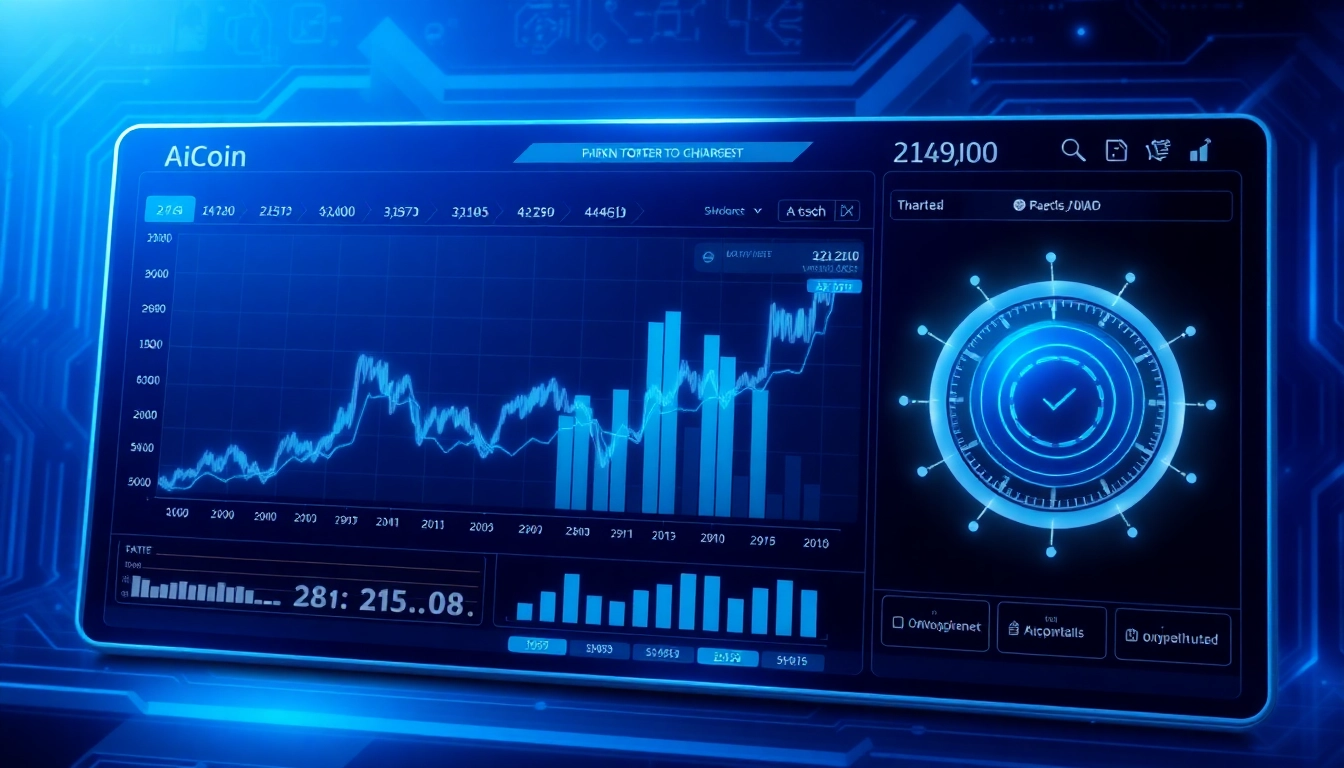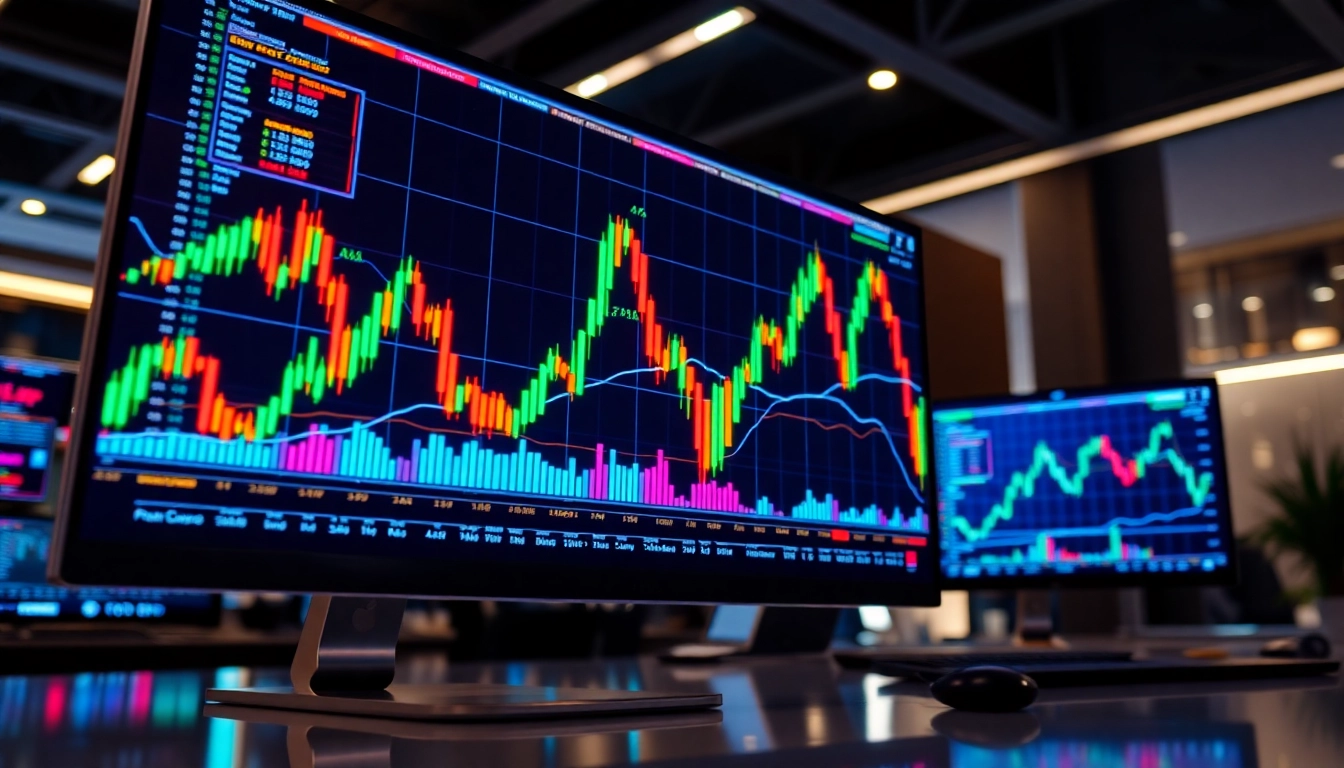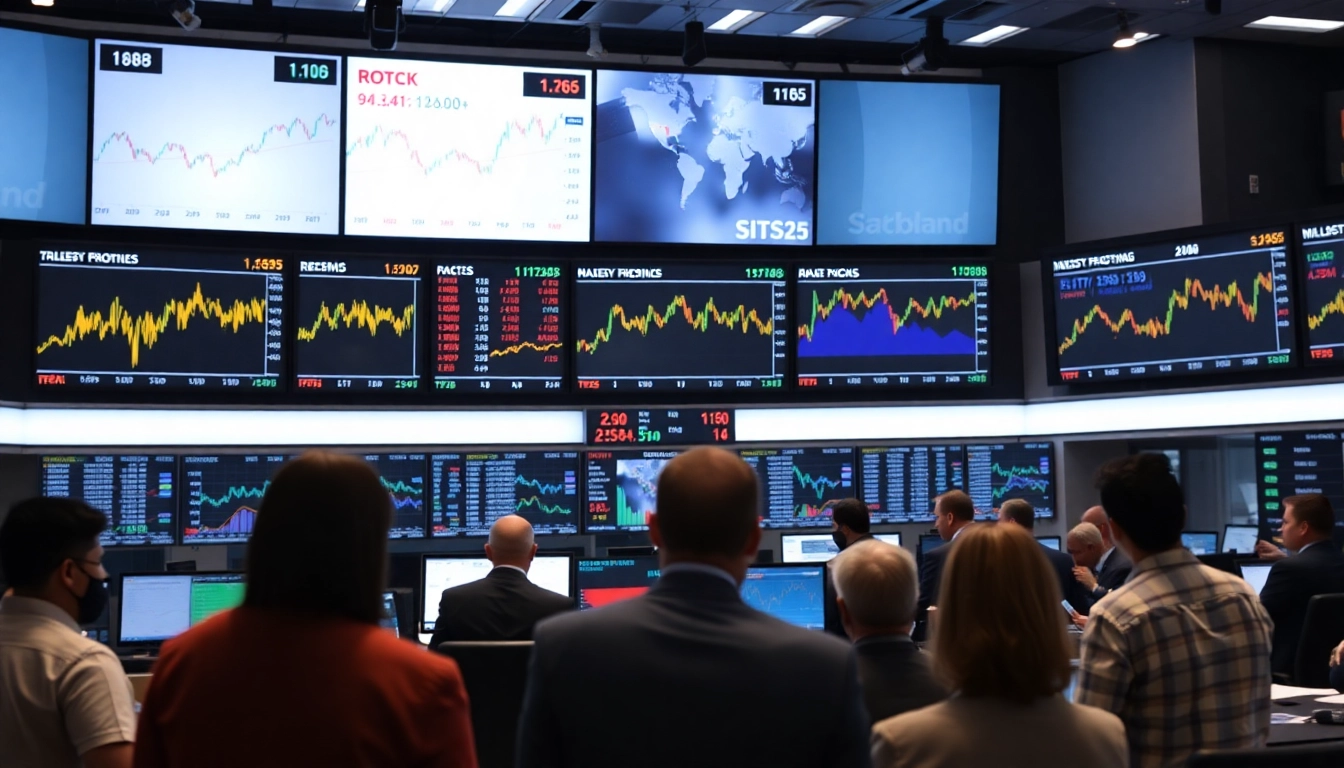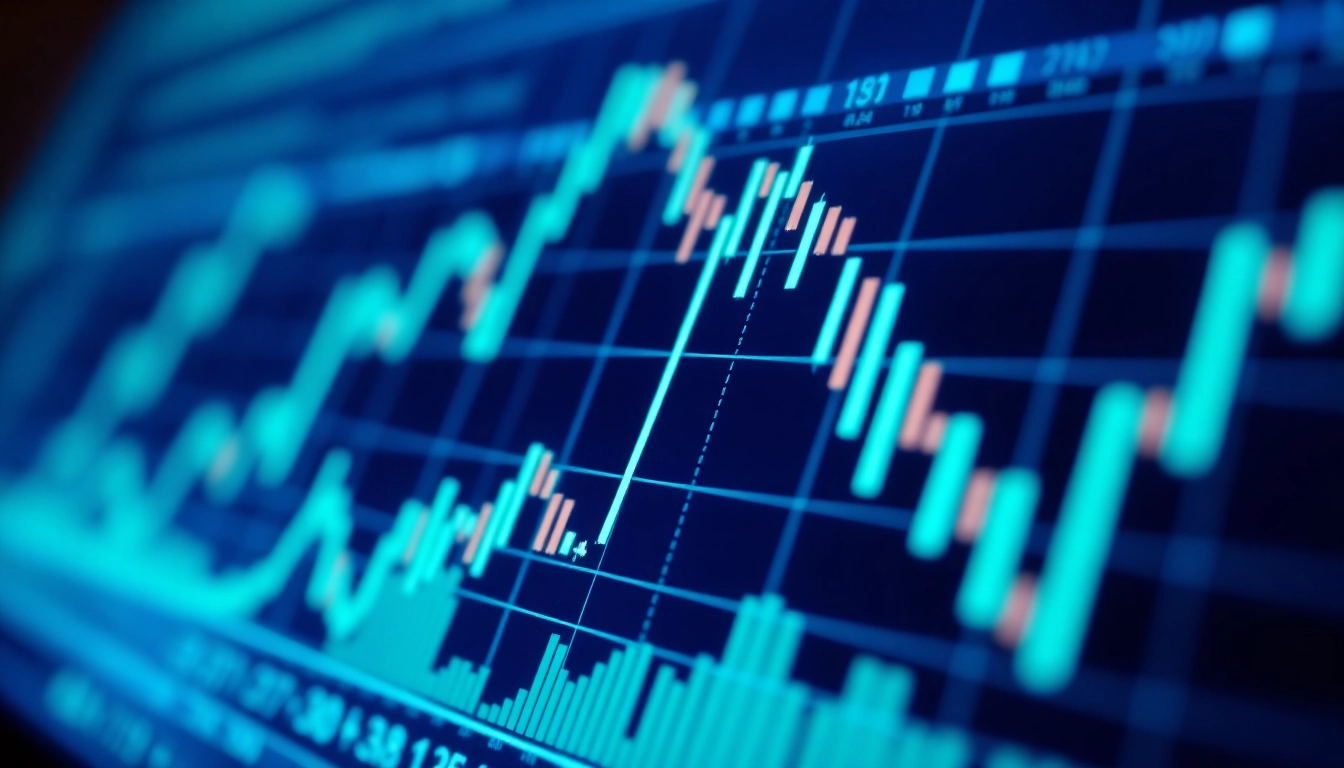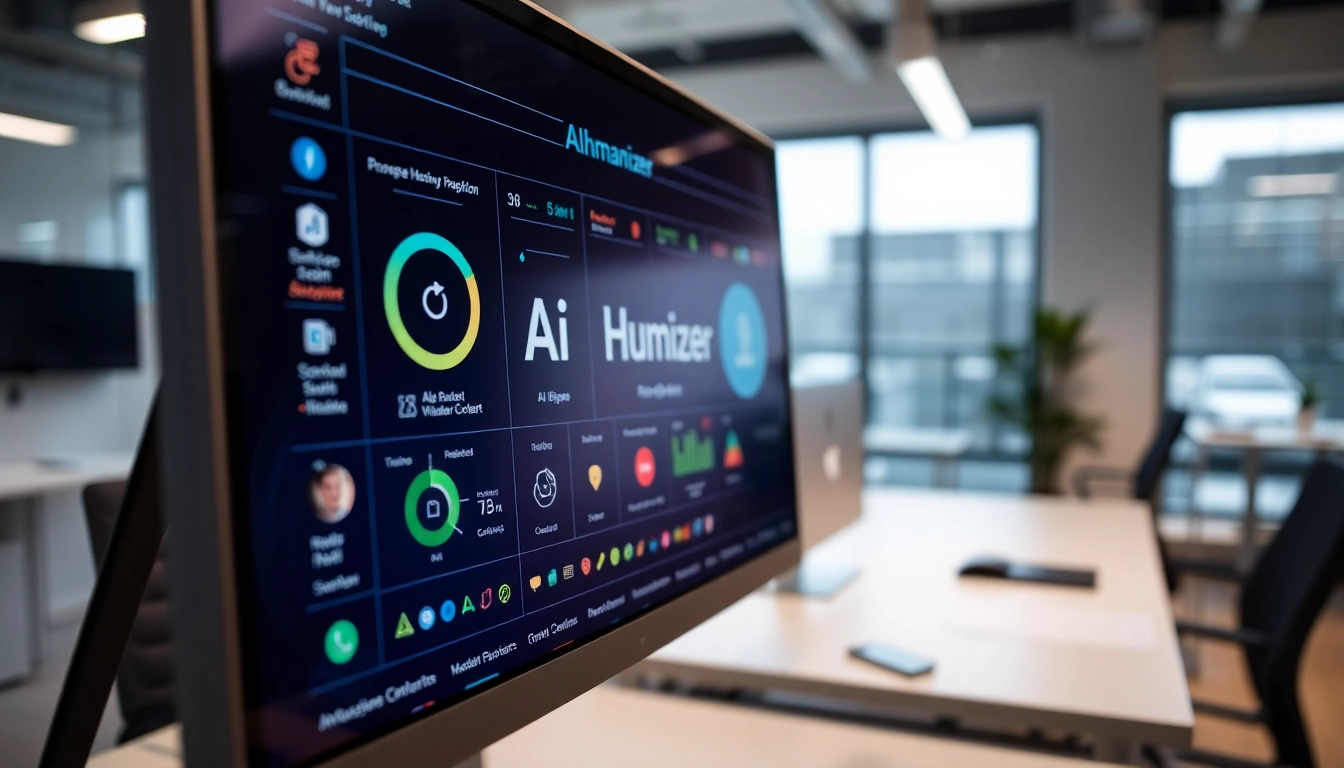Understanding Global Market News and Its Impact on Investments
In today’s interconnected financial landscape, staying informed about Global Market News is essential for investors seeking to optimize their strategies and mitigate risks. The global economy operates as a complex web, where political shifts, economic developments, geopolitical tensions, and technological innovations can have ripple effects across markets worldwide. As a result, a well-informed investor not only reacts to news but proactively anticipates market movements based on current global trends and indicators.
What Constitutes Global Market News?
Global market news encompasses a broad array of financial and economic updates originating from different parts of the world. This includes stock market performance, currency fluctuations, commodity prices, macroeconomic data releases, geopolitical events, policy changes, earnings reports, and technological advancements impacting industries. For example, a sudden hike in oil prices caused by geopolitical unrest in the Middle East can influence energy stocks globally. Similarly, economic data releases from China or Europe can suggest broader shifts in supply chains, consumer confidence, and trade balances that influence investment decisions.
Leading platforms such as Reuters, CNBC, Bloomberg, and the Financial Times serve as primary sources for real-time updates, analysis, and comprehensive reports. These sources aggregate data, interpret trends, and provide insights essential for making informed investment choices.
How International Headlines Influence Local Markets
International headlines often serve as early indicators of market trends that eventually impact local markets. For instance, a positive earnings report from a major European company can boost investor confidence across other regions. Conversely, geopolitical tensions or trade disputes between economic giants, like the US and China, can trigger volatility in global stock indices.
Investors must understand that markets are highly interconnected. A landmark event in one region can influence global sentiment. For example, the collapse of a large financial institution in Europe can ripple through global banking stocks, affecting investor portfolios worldwide. Monitoring international headlines enables investors to gauge the potential for risk or opportunity, adjust their positions, and hedge against adverse movements appropriately.
Key Indicators Reported in Global Market Updates
Several vital indicators are consistently highlighted in global market reports, providing a snapshot of economic health and market momentum:
- Stock Indices: Major indices such as the S&P 500, FTSE 100, Nikkei 225, and Euro Stoxx serve as barometers of overall market sentiment.
- Interest Rates and Bond Yields: Changes in central bank rates and bond yields influence borrowing costs and investment attractiveness.
- Currencies: Forex rates, especially USD, EUR, JPY, and CNY, impact import-export dynamics and multinational earnings.
- Commodity Prices: Crude oil, gold, and agricultural commodities indicate economic activity levels and inflation expectations.
- Macroeconomic Data: GDP growth, unemployment rates, inflation figures, and manufacturing indices help assess economic stability.
Understanding these indicators enables investors to interpret market movements accurately and position their portfolios advantageously.
Sources and Analysis: Staying Ahead with Reliable Market News
Leading Platforms for Global Market News
To navigate the vast landscape of market data, investors need reliable sources. Reputable platforms such as Reuters and Bloomberg deliver up-to-date, accurate information, often with expert analysis that contextualizes raw data. CNBC International and the Financial Times also provide in-depth insights into geopolitical developments, economic policy changes, and emerging trends in global markets.
Leveraging these platforms, complemented by subscription-based services or real-time news feeds, allows investors to remain ahead of market shifts and make timely decisions.
Interpreting Market Headlines and Data
Raw data alone does not suffice; interpreting headlines is critical. For example, a headline stating “US Federal Reserve hikes interest rates” requires understanding its implications for equities, bonds, and currencies. An increase in interest rates might lead to a decline in bond prices but could strengthen the currency and slow economic growth.
Employing analytical frameworks, such as cross-referencing macroeconomic indicators with market sentiment, helps contextualize news. For instance, a geopolitical event accompanied by a surge in gold prices signals risk aversion, prompting adjustments to investment strategies.
Tools for Real-Time News Monitoring and Analysis
Modern investors rely on sophisticated tools like financial dashboards, alert systems, and AI-driven analytics platforms. Tools such as Bloomberg Terminal, Reuters Eikon, and specialized news aggregators enable real-time alerts on breaking news affecting specific indices or sectors.
Automation and data visualization techniques assist in recognizing patterns, correlating news with market movements, and generating actionable insights. These technological advancements empower investors to react swiftly, capitalize on emerging opportunities, and avoid significant losses.
Strategies for Using Global Market News to Make Informed Decisions
Timing Market Entries and Exits Based on News
Timing is crucial. Major news events—such as earnings announcements, policy reforms, or geopolitical shocks—can serve as catalysts for market entries or exits. A strategic approach involves analyzing the nature and potential impact of news before reacting. For example, expecting a positive economic growth report might encourage investors to buy ahead of market rallies.
Utilizing calendar tools and news filters to track scheduled events ensures decisions are based on comprehensive information, reducing emotional reactions and speculative risks.
Risk Management Amid Global Economic Shifts
Global news often entails volatility spikes. Implementing risk management protocols, such as setting stop-loss orders, diversifying portfolios, and employing hedging strategies, helps protect against adverse market movements. For instance, during political instability in a key economy, reducing exposure to affected sectors minimizes potential losses.
Furthermore, maintaining a portion of liquid assets provides flexibility to capitalize on short-term opportunities arising from news-driven price corrections.
Integrating News Insights into Investment Portfolios
Proactively incorporating global news insights involves continuous monitoring and adjusting allocations based on emerging trends. For example, recognizing early signs of technological disruption can prompt increased investment in innovation sectors or geographic regions poised for growth.
Building a resilient portfolio requires balancing long-term fundamentals with short-term news dynamics, enabling investors to remain agile in changing global conditions.
Emerging Trends in Global Market Coverage
Influence of Geopolitical Events on Markets
Geopolitical developments, such as trade wars, elections, and military conflicts, increasingly dominate market narratives. The rise of geopolitical risk assessment tools and real-time updates enhances investor preparedness, but also demands agility to respond to rapid changes.
Technology and AI in Market News Dissemination
Artificial intelligence and machine learning are transforming news dissemination, enabling faster processing and personalized alerts. These technologies analyze vast datasets, forecast market impacts, and support decision-making, giving a competitive edge in reacting to breaking news.
Future Outlook for International Financial Reporting
The evolution of global reporting standards, alongside advances in blockchain and digital reporting platforms, promises greater transparency and timeliness. As these become mainstream, investors will benefit from more accurate and timely data, reducing informational asymmetries.
Measuring Success: Assessing Impact of Market News on Portfolio Growth
Tracking Performance via Key Metrics
Regular evaluation of how news-driven decisions influence portfolio returns is vital. Metrics such as alpha generation, volatility reduction, and Sharpe ratios provide quantifiable measures of success.
Adjusting Strategies Based on News-Driven Trends
Continuous learning from market reactions to news fosters adaptive strategies. For example, recognizing patterns of overreaction or underreaction can inform contrarian or trend-following decisions.
Case Studies of Recent Market Reactions
One notable example is the global response to the COVID-19 pandemic, where rapid dissemination of health and economic news prompted immediate market swings, followed by recovery driven by stimulus announcements and vaccine breakthroughs. Analyzing such episodes highlights the importance of timely, accurate information in shaping investment outcomes.


